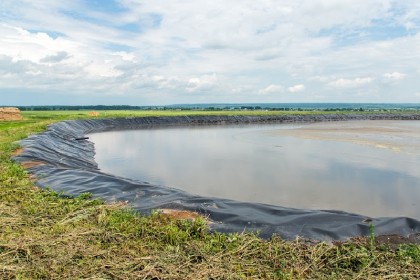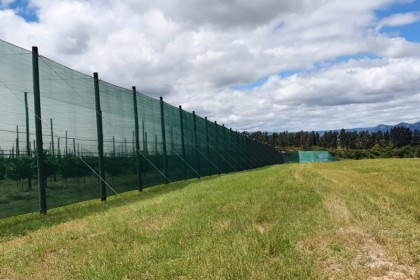
Food Safety Management Plan: What is it?
A food safety management plan is a strategy to ensure that food hygiene and safety rules and regulations are adhered to. It is not only a legal requirement, but it is also a valuable step in ensuring that your business takes the necessary precautions to ensure the safety of its customers.
So, what exactly is the goal of a food safety management plan?
A food safety management plan is critical for any business that handles food. It is a means of managing food safety in which all food produced meets the standards of quality and is deemed safe to consume. This includes everything from acquiring resources to exporting finished products. It implies that each element, within the food industry, requires its own set of procedures.
In addition, a food and safety management plan should follow the South African Good Agricultural Practices (SA GAP) principles, and each company must create procedures based on these guidelines. These regulations are required by law for all licensed FBO’s (Food Business Operators).
Benefits of Food Safety Regulations and Management Plans
Benefits of a food safety management plan include:
- The reduced risk of food poisoning and other negative effects on consumers, as well as improved food safety and quality.
- Ensures sustainable and safe agricultural practices.
- A guarantee that your FBO is in compliance with the law.
- A food safety plan reduces production costs associated with raw material waste and food recall in the long run.
- A food management plan takes a proactive approach to reduce food hazards before they cause any negative effects.
- Boosts consumer trust in the product.
- Improves the reputation and brand image of your FBO.
Food Safety Consulting Services
South Africa's official perishable produce export certification agency, PPECB, will help food business operators be sure that they adhere to all the standards necessary, regarding food safety and hygiene. The agency performs statutory food safety audits on a national level. These audits concentrate on employee hygiene, the use of biopesticides and farming practices.
Following a successful food safety audit, the business is issued a food safety compliance certificate known as the SA GAP, mentioned above. Businesses with the following commercial food safety certificates are currently exempt from SA GAP certification: Global G.A.P., Tesco, Natures Choice, HACCP, BRC, IFS, and ISO 22000:2005. However, oversight is maintained by conducting random audits at facilities with such certifications.
Food Safety Services: The Sections They Inspect
There are three main sections within the FBO sector where food and safety regulations need to be adhered to, which a food safety service will inspect. These sections include:
The PPECB assures countries that import South African goods that the products are up to standard and meet all minimum safety regulations. Through a thorough inspection service, they ensure that quality is kept up through proper cold chain management until the products arrive at their destination.
Inspecting of Logistical Service Provider
The PPECB helps to ensure that all phases of agriculture product handling are conducted in accordance with food hygiene and safety practices.
The PPECB is required by law to legitimise the transportation of export-ready products. The PPECB's services provide authorised confirmation that the method of transportation used to transfer consumable products is technically proficient and that all equipment is fully operational. Furthermore, PPECB evaluates and inspects the hygiene of the method of transportation to ensure it meets food safety requirements.
Producers & Storing Facilities
The goal of the PPECB is not only to ensure that hygienic factors of FBOs produce and transportation are up to standards but also all storing, pack houses, and agricultural practices they use. All produce and storing facilities are required by law to register with the PPECB. In order for them to register, they must first obtain an FBO code from the Department of Agriculture, Forestry and Fisheries. As soon as an FBO is registered with both PPECB and The Department of Agriculture, PPECB will perform several food safety audits including product inspection and food safety testing.
Visit the AGRIFOODSA directory to find out more about PPECB and how you can register your FBO to ensure you provide the safest and most sustainable service you can.












